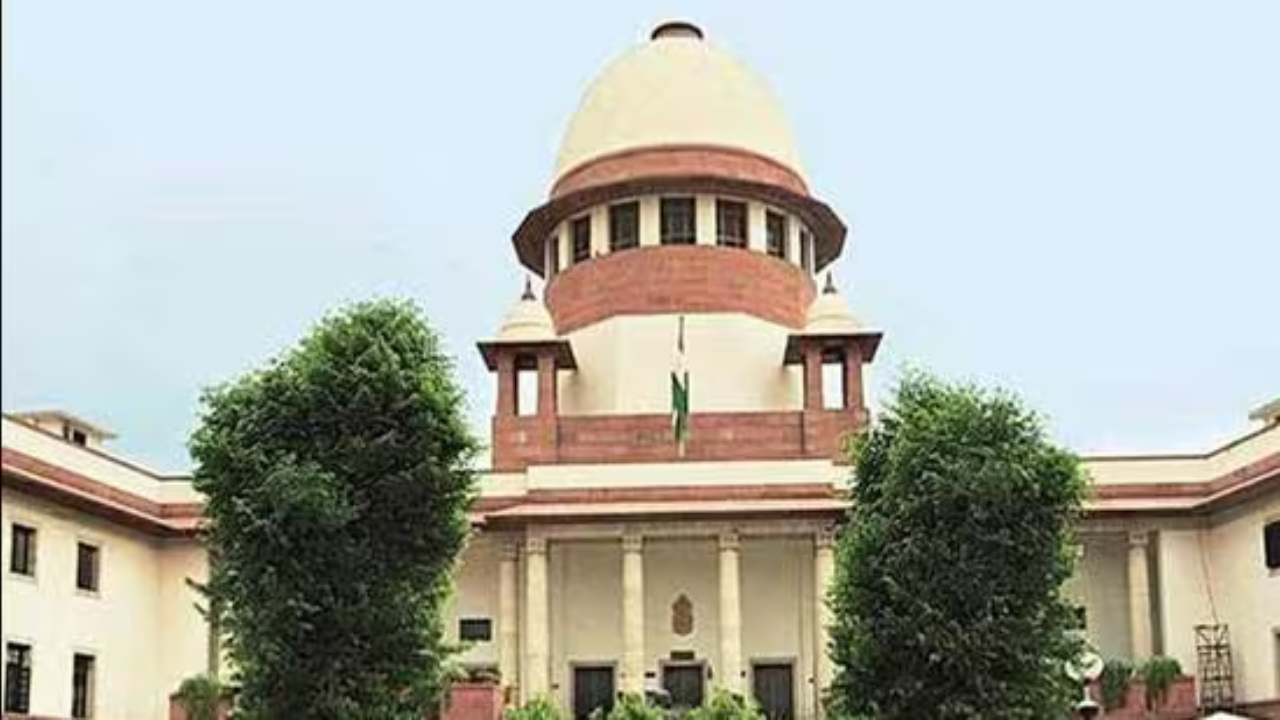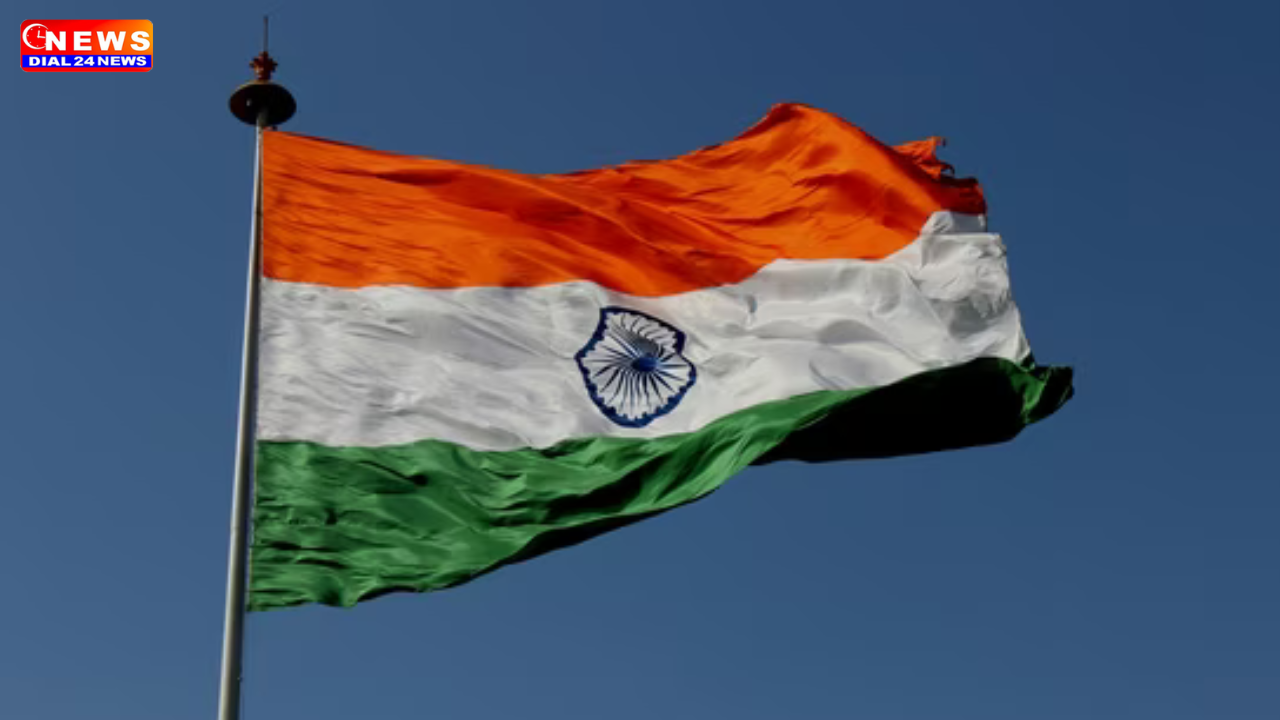On June 20, the Patna High Court quashed the 65% reservation for SC/STs, EBCs, and OBCs in Bihar, emphasizing that “merit cannot be entirely erased or sacrificed in favor of reparations.” On Friday, the Supreme Court issued notice on a petition filed by the Rashtriya Janata Dal (RJD) challenging the High Court’s decision. The quashed amendment had increased quotas for Scheduled Castes (SCs), Scheduled Tribes (STs), Extremely Backward Classes (EBCs), and Other Backward Classes (OBCs) in educational institutions and government jobs from 50% to 65%.
A bench led by Chief Justice of India Dhananjaya Y Chandrachud sought responses from the state, the Centre, and the original petitioners before the Patna High Court. The Supreme Court also tagged the case with a separate appeal filed by the Bihar government challenging the same judgment.
Issue notice and tag with the pending pleas,” stated the bench, which also included justices JB Pardiwala and Manoj Misra. Senior counsel P Wilson appeared for the Rashtriya Janata Dal (RJD), which filed the petition through its Rajya Sabha MP Manoj Kumar Jha.
During the brief hearing, Wilson argued that increasing reservations beyond the 50% cap was permissible under certain circumstances, as held by a constitution bench of the Supreme Court in its 2022 judgment on EWS reservations. He also cited the 2022 Neil Aurelio Nunes case, where the Supreme Court upheld the reservation for OBC candidates in all India quota seats for undergraduate and postgraduate medical and dental courses. Wilson contended that the reasoning in this judgment should be extended to benefit marginalized communities in Bihar.
In its June 20 judgment, the Patna High Court quashed the 65% reservation for SC/STs, EBCs, and OBCs in Bihar, emphasizing that “merit cannot be completely effaced and sacrificed at the altar of reparations.” The court’s decision has both legal and political implications, particularly given the controversial caste survey that led the Bihar government to increase quotas in 2022.
The High Court observed that not only are backward communities adequately represented in public employment in the state, but the government also failed to conduct a detailed study or analysis before enhancing the reservation percentage. The ruling pointed out that exceeding the 50% reservation cap, as set by the landmark 1992 Indra Sawhney case, was “bad in law” and violated constitutional principles of equality. The court stressed that the state had not provided any extenuating circumstances to justify breaching the 50% limit.
This ruling has stirred political debates, particularly as caste-based reservations remain a contentious issue across India. The Bihar government’s decision to enhance quotas was seen as a significant move in addressing caste inequities, and the court’s reversal has triggered reactions from both supporters and opponents of the policy. Legal experts suggest that the decision underscores the ongoing tension between affirmative action policies and the preservation of merit, as enshrined in constitutional interpretations of equality.
With the Supreme Court now taking up the RJD’s plea, the case is likely to reignite national discussions about the limits of reservation and the legal pathways to address social and economic disparities.







